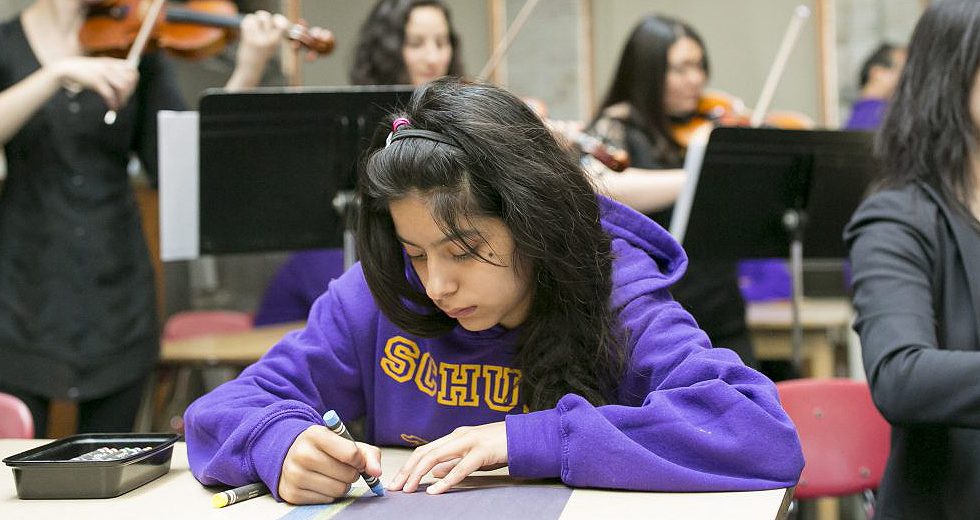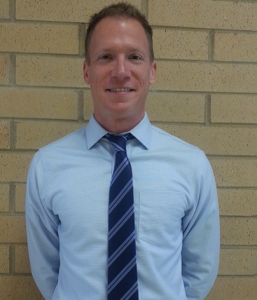
A middle-school music teacher and band director in Romeoville, Ill., Michael Fogarty also is an oboist with the DuPage Symphony and a member of the Overture Council, the young professionals association of the CSO. He lives in Chicago, is a marathon runner and serves as a volunteer for the Ronald McDonald House, which supports families with children receiving long-term care in area hospitals.
What inspired you to become a music teacher?
I was fortunate to grow up with great teachers. However, the key inspirational music moment came when I was a freshman at the University of Illinois. I was undecided in my major but took some music classes and joined a concert band. The director of the band, Pete Griffin, pulled me aside one day after reviewing my informational card that all the students had completed, and asked me why I was not a music major. Professor Griffin told me that I needed to be a music major. This comment made a great impression on me because of my immense respect for the band director, so I took his comments to heart and declared music as my major.
Describe a moment when you witnessed how music changed the life of a student.
The student population at my school includes students who need extra academic assistance or have some learning challenges. The focus is on helping students achieve in these areas, although not necessarily music. However, I have found that students who’ve made the most connections to music have a greatest likelihood for overall academic success. They find a family in the band, a support system. They may not always be the best player but they know they won’t be “sitting on the bench.” They feel successful and that they’ve achieved something. Parents of these students say that they come to school for the band.
As a music teacher, what do you hope your students would get out of an arts education?
There are three things that I hope my students get out of an education in the arts:
- That they will be smart consumers of music and to continue to learn about all kinds of music genres.
- That they will have a life-long, well-rounded love of music.
- That they realize and discover that music makes them more humane — I hope that they use music to connect with others in a humanistic way and enjoy its beauty in their lives.
How has your education in music created connections with other people?
It has created connections with other people through all the opportunities I have been afforded, both as a professional teacher and as a performer. I have traveled to perform with ensembles and bands and met people from all walks of life. Music education has allowed me opportunities to share positive and collaborative experiences with others: teachers, grad students, musicians, etc. The love of music puts us all on common ground.
TOP: Students at Carl Schurz High School listen to a workshop by Civic Orchestra members. | ©Todd Rosenberg Photography